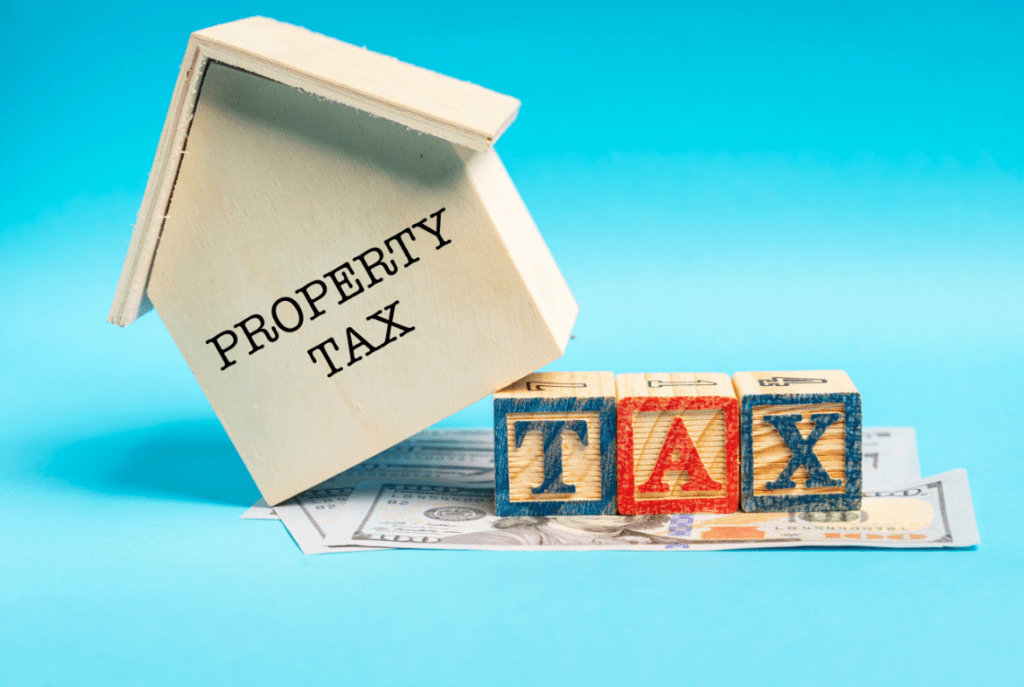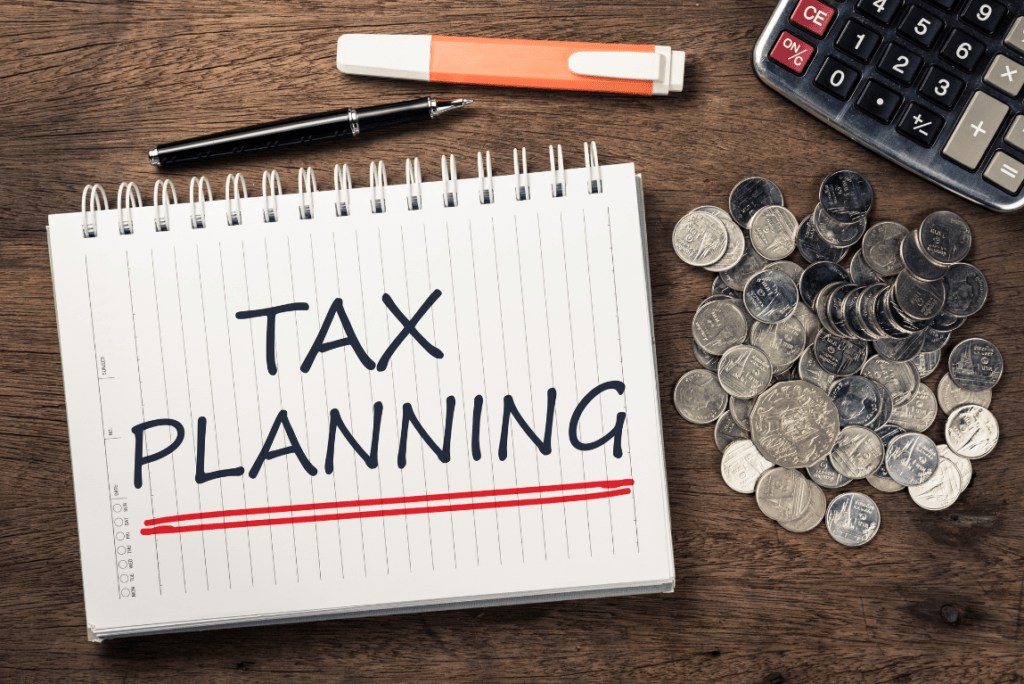Introduction
Utah is known for its stunning landscapes, vibrant communities, and high quality of life. However, if you own a residential property in Utah, you’re also responsible for paying property taxes. Understanding how residential property tax works in Utah is essential to avoid surprises and ensure you comply with your tax obligations. In this blog, we’ll break down the basics of residential property tax in Utah so that you can confidently navigate this aspect of homeownership.

What is Residential Property Tax?
Residential property tax is a tax levied by the local government on residential properties, including single-family homes, condominiums, townhomes, and other residential dwellings. The revenue generated from residential property tax funds local government services such as schools, roads, public safety, and other essential services that benefit the community
How is Residential Property Tax Calculated in Utah?
In Utah, residential property tax is calculated based on the assessed value of the property, which is determined by the county assessor’s office. The assessed value is a percentage of the property’s fair market value, the price the property would sell for in an open-market transaction. The assessed value is then multiplied by the property tax rate set by local taxing authorities, including counties, cities, school districts, and other special districts.
It’s important to note that Utah has a “Truth-in-Taxation” law, which requires local taxing entities to hold public hearings and provides notice to property owners before increasing property tax rates. This allows property owners to have a say in the tax rate and budget decisions that affect their property taxes.

Are There any Exemptions or Deductions for Residential Property Tax in Utah?
Yes, Utah offers certain exemptions and deductions that can reduce the residential property tax owed. Some common exemptions and deductions in Utah include:

- Primary Residence Exemption: If you occupy your residential property as your primary residence, you may be eligible for a property tax exemption. This can reduce the assessed value of your property and in turn, lower your property tax bill. Disabled Veterans Exemption: Disabled veterans who meet certain criteria may be eligible for a property tax exemption in Utah. This exemption provides a partial or full exemption from property taxes, depending on the disability rating of the veteran.
- Agricultural Greenbelt Exemption: If you use your residential property for agricultural purposes, such as farming or ranching, you may be eligible for an agricultural greenbelt exemption. This can provide a significant reduction in property taxes for qualifying properties.
- Homeowners’ Exemption: If you are over 65 or have a disability, you may be eligible for a homeowners’ exemption in Utah. This exemption reduces the assessed value of your residential property, resulting in lower property taxes.
It’s important to check with your county assessor’s office or a qualified tax
professional to determine if you qualify for any exemptions or deductions and
how to apply.
How and When are Residential Property Taxes Due in Utah?
Residential property taxes in Utah are typically assessed and collected by the
county where the property is located. Each county has its process and deadlines
for property tax payments. Here’s a general overview:
Assessment:
The county assessor’s office determines the assessed value of
your residential property, which is based on a percentage of the property’s fair
market value. This assessed value is used to calculate the property tax amount
you owe.
Notice of Valuation:
Once the assessed value is determined, the county
assessor’s office sends you a “Notice of Valuation.” This notice includes the
assessed value of your property and provides information on how to appeal if
you disagree with the assessed value.
Tax Notice:
After the assessed value is finalized, the county treasurer’s office
sends you a “Tax Notice,” which indicates the amount of property tax you owe
for the year. The tax notice includes the due dates and payment options.
Payment Due Dates:
In Utah, residential property taxes are due in two
installments. The first installment is due by November 30th, and the second is
due by May 31st of the following year. It’s important to note that these due
dates may vary by county, so it’s essential to check with your county treasurer’s
office for the specific deadlines in your area.
Payment Options:
Utah counties typically offer multiple payment options for
property taxes, including online payments, mail-in payments, or in-person
payments at the county treasurer’s office. Some counties may also offer
payment plans for property owners who cannot pay the full amount by the due
dates.
Penalties and Interest:
You may incur penalties and interest if you fail to pay
your residential property taxes by the due date. The penalty for late payment is
typically 1% per month, and the interest is generally calculated at a rate of 1%
per month.
Conclusion

In summary, residential property taxes in Utah are assessed and collected by
the county where the property is located. It’s crucial to be aware of your
county’s specific deadlines and payment options to avoid penalties and interest.
Utah residents can use several programs to reduce their property tax bills,
including tax reductions and exemptions. If you have any questions or concerns
about your residential property taxes in Utah, it’s best to contact your county
treasurer’s office for accurate and up-to-date information.
Contact us now to hire one of the best residential property management
companies in Utah.




